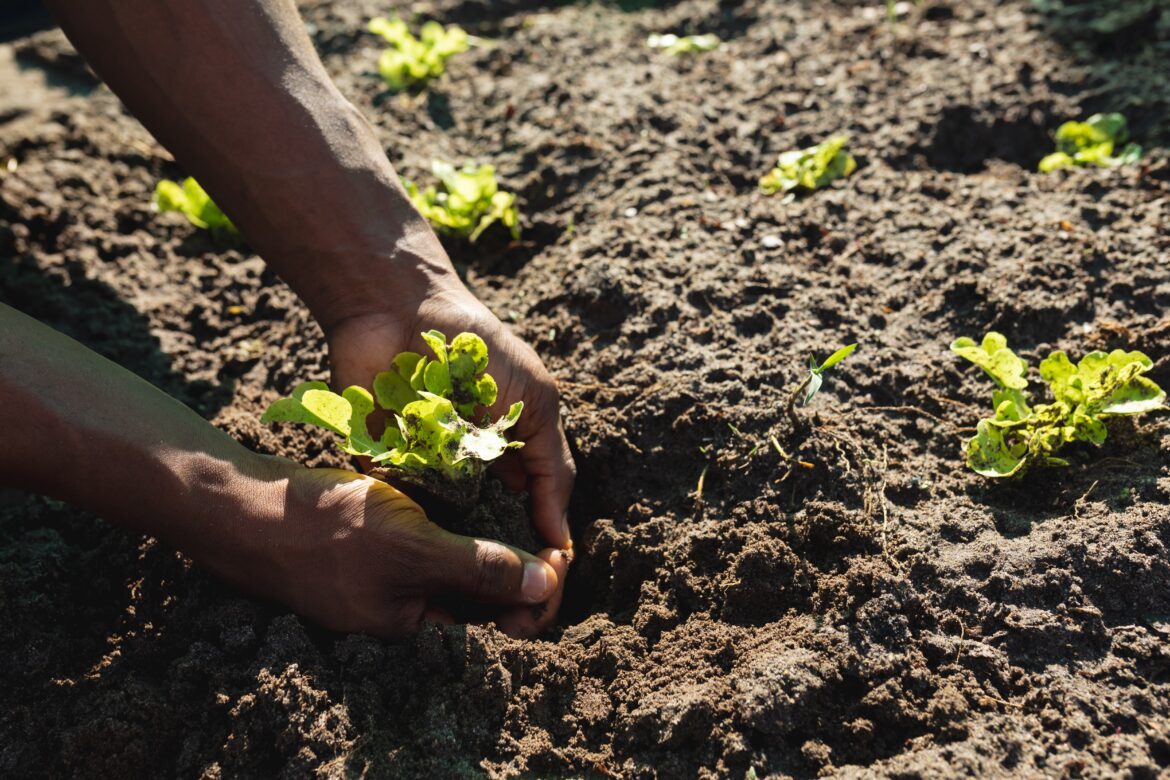In a historic move aimed at addressing longstanding racial inequities, the U.S. Department of Agriculture (USDA) has announced a $2 billion payout to Black farmers, ranchers, and forest landowners under the Inflation Reduction Act’s Discrimination Financial Assistance Program (DFAP). This landmark decision marks a significant step toward rectifying centuries of discrimination and systemic injustice faced by Black farmers in the United States. The funds are expected to provide crucial support for Black farmers who have been disproportionately affected by discriminatory practices, inadequate support, and barriers to land ownership.
Historical Challenges and Legal Hurdles
Historically, Black farmers have encountered significant barriers to accessing USDA resources. Since the USDA began actively supporting farmers in the wake of the Great Depression, Black farmers have faced systemic discrimination. Even today, minority farmers continue to be excluded from essential funding. A 2022 analysis from NPR revealed that the USDA had a troubling record of rejecting loan applications from Black farmers at a rate of 16 percent–more frequently than from any other demographic group (4 percent for white farmers), approving loans for only 36 percent of Black applicants compared to 72 percent of white farmers.
Efforts by Congress and the USDA to address these racial disparities have encountered substantial legal obstacles. A 2021 pandemic relief package allocated around $5 billion to provide 120 percent debt relief to Black farmers. However, the program faced several court challenges from white farmers who claimed that the exclusion of non-minority farmers constituted a civil rights violation. This led to significant delays and legal complications.
In response, Congress amended the law in 2022 to expand eligibility criteria, aiming to avoid further legal issues and provide broader support to farmers affected by discriminatory practices.
Details of the $2 Billion Payout
The recently announced $2 billion payout represents a significant step in acknowledging and rectifying the inequities faced by Black farmers. The funds are part of a broader legislative package, including $2.2 billion authorized by Congress through the Inflation Reduction Act, and an additional $3.1 billion for loan relief. The payout has been directed to approximately 43,000 individuals, with awards reaching up to $500,000. Notably, the majority of these payments have been made to farmers in southern states such as Alabama, Mississippi, and Georgia, where the impact of historical discrimination has been most pronounced.
Despite the substantial financial relief, the USDA has not provided a racial demographic breakdown of the $2.2 billion payments. Of the awards given, more than 20,000—46 percent of the total—were allocated to individuals who had intended to establish farming operations but were impeded by discriminatory actions from the USDA.
Significance and Reactions
USDA Secretary Tom Vilsack emphasized that the payout is not intended as compensation for losses or suffering but as an acknowledgment of past wrongs. “The payout is an acknowledgment,” Vilsack stated, reflecting the department’s recognition of the historical injustices faced by Black farmers.
The National Black Farmers Association (NBFA) has hailed the payments as a “significant step towards justice.” NBFA President John Boyd described the $2.2 billion in payouts as “historic,” highlighting the importance of this initiative in addressing the enduring legacy of discrimination in agriculture.
Future Considerations
While the $2 billion payout is a crucial development, it is not a panacea for the complex issues Black farmers still face. Continued efforts are needed to ensure equitable distribution of resources and to implement systemic reforms that address the root causes of racial inequity in agriculture. The historic payout is important, but achieving true justice and equity will require ongoing advocacy, policy changes, and support.


